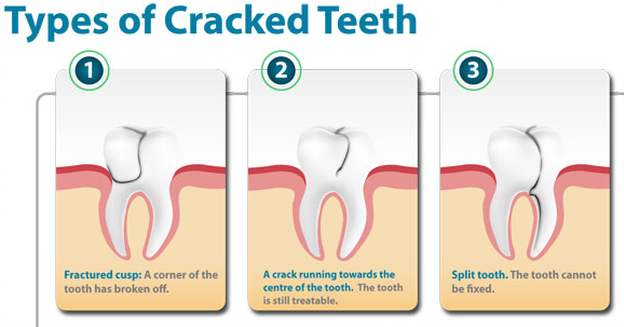Though inconvenient, a dental emergency is not something you want to ignore. However, you should know the difference between a true dental emergency and a situation that can wait at least for the night. Dr. Rylan Hansen and his team at Hansen Dentistry in Apex, NC are here to provide expert emergency dental care should you ever be in need of immediate treatment. Contact us at (919) 363-8444 to schedule an appointment.
What Constitutes a Dental Emergency?
Often, a tooth will break, chip or crack because you bit something hard, such as ice cubes, an apple or hard candy. Opening chip bags, plastic containers or “easy open” pill bottles with your teeth can sometimes result in the same thing. Some dental emergencies are the result of a traumatic injury or accident. Children can fall on the playground or get hurt at practice or you could be involved in a car accident. If the injury is just a chip or minor fracture, you could decide to wait and seek attention when the dental office opens. However, a severe injury is a different story.
Examples of dental emergencies:
- Severe crack or fracture
- A large piece of a tooth is missing
- A tooth has been knocked out completely
- A nerve has been exposed
What to do in a Dental Emergency
Here are some things you can do if you (or your child) sustain a tooth injury.
Cracked tooth – See the dentist as soon as possible, especially if there is any pain. Even if the tooth looks “okay” you should still be cautious. If the tooth hurts when you drink something hot or cold come in right away, as it could be a sign of nerve damage within the tooth. Another sign of a crack is if the tooth hurts after you release your bite.
Broken tooth – There is usually no mistaking a broken tooth. If there is a large fracture, chip or part of the tooth is missing see the dentist ASAP as there could be nerve damage.
Before you go to the dentist:
- Rinse your mouth with warm water.
- If there is bleeding, apply pressure with a small piece of gauze.
- If the bleeding won’t stop, try using a wet tea bag.
- Put a cold pack or ice on your lips or cheeks over the area of the broken tooth to reduce swelling.
- If you absolutely can’t get to the dentist right away, cover the tooth with temporary dental cement from a drugstore.
Tooth is knocked out completely – First, try to put the tooth back in the socket. If it will not go back in, clean off the tooth as best you can and store it in a sealed container with milk or your saliva. Apply a cold compress if there is any bleeding.
What to do for Tooth Pain
If you develop sudden – or suddenly increased – tooth pain, see the dentist as soon as you can. It could be a sign of tooth decay or damage to the nerve. You can probably wait until normal hours to go in, although it might feel like an emergency if the pain is severe or it hurts when you try to eat or drink.
Emergency Dental Care at Hansen Dentistry
Tooth pain can interfere with your ability to eat, drink, work, sleep and even think. A cracked, broken or missing tooth constitutes a real emergency that requires care as soon as possible. Dr. Rylan Hansen and his team at Hansen Dentistry in Apex, NC are here to help, with extended hours, same day emergency appointments, and Saturday appointments. Even if you are not in pain from a cracked or lost tooth, it is still important to come in as soon as possible. The first several hours can mean the difference in saving your tooth. If you ever need emergency dental care, contact us at (919) 363-8444 to schedule an appointment.



 Postponing treatment can lead to more serious complications such as an infection or a deeper fracture. That is why it is important not to ignore warning signs or dental pain and sensitivity. By seeking treatment early, there is a typically better prognosis for the tooth. which also usually results in a lower financial cost of treatment.
Postponing treatment can lead to more serious complications such as an infection or a deeper fracture. That is why it is important not to ignore warning signs or dental pain and sensitivity. By seeking treatment early, there is a typically better prognosis for the tooth. which also usually results in a lower financial cost of treatment.